Presence with Purpose in Terra’s 2025 Journey
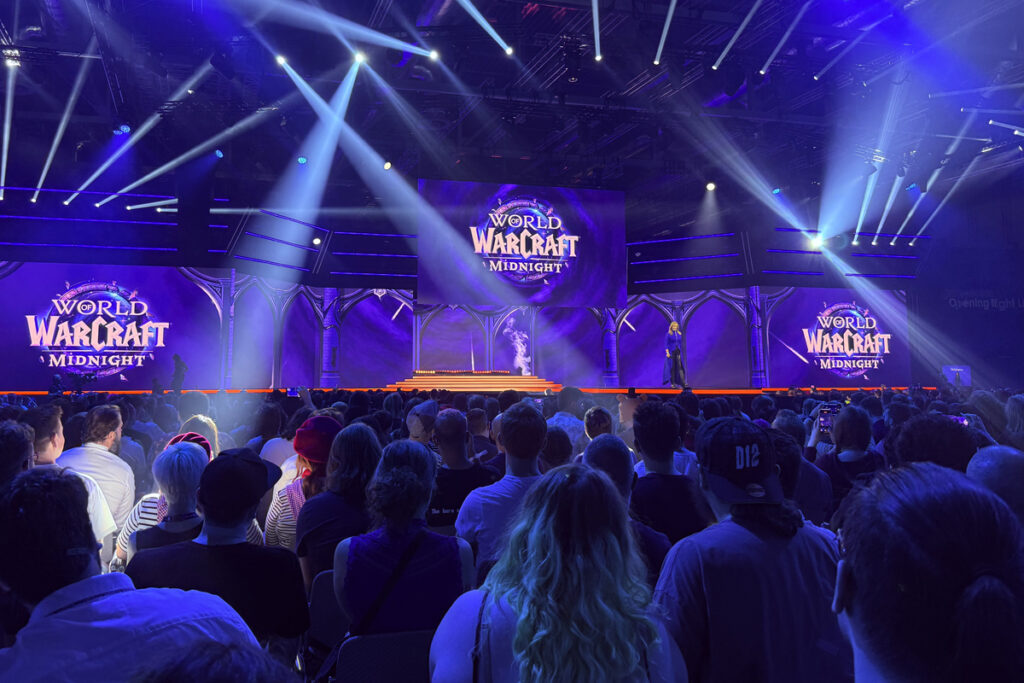
When you’re part of a fast-moving industry, staying still isn’t an option. In 2025, Terra hit the road with purpose. From indie devs to global publishers, we joined industry conversations in person, contributed to panels, and supported events that made innovation and inclusion tangible goals.
A Deep Dive into the Localization of Roguelike Games
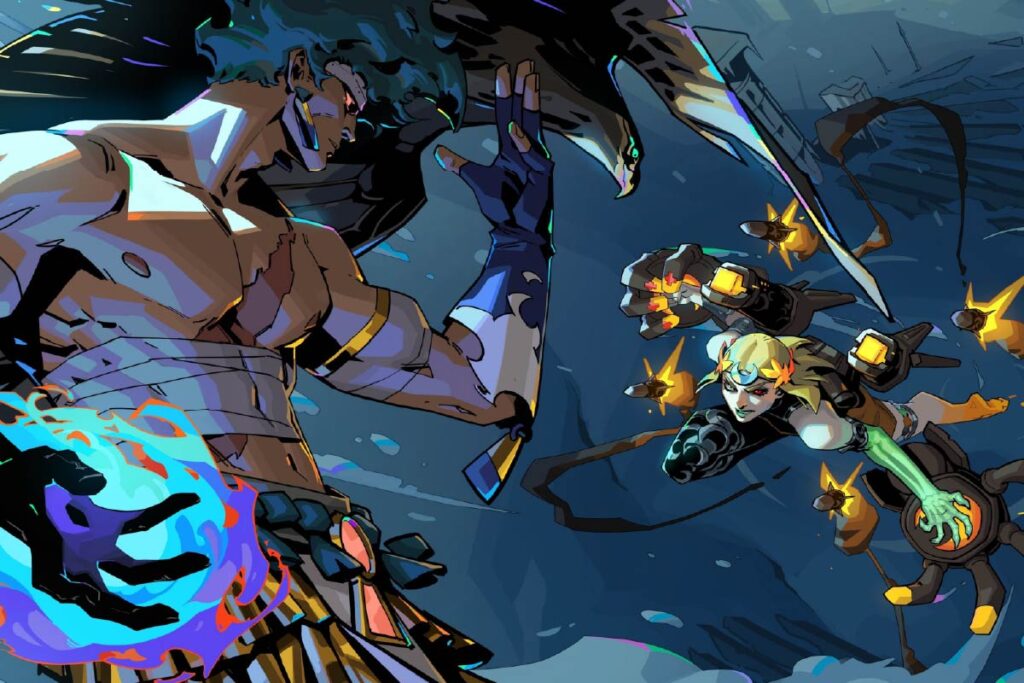
Localizing roguelike games means balancing chaos with clarity. Each run offers new surprises, but the language must remain reliable, precise, and alive. From adapting humor and managing evolving dialogue to maintaining the stakes and keeping consistent terminology, localization teams play a quiet but essential role in ensuring these unpredictable worlds remain coherent.
Listening to Players: How Feedback Shapes Localization

Gamers are some of the most passionate fan communities in the world, and they’re not shy about giving feedback. They notice when a joke doesn’t land well, or when they encounter a clunky phrase or a term that doesn’t feel authentic. When they do, they talk about it—fast. For developers and localization teams, that quick response can be an incredible source of insight.
Crafting Localization That Plays to Each Game’s Strengths
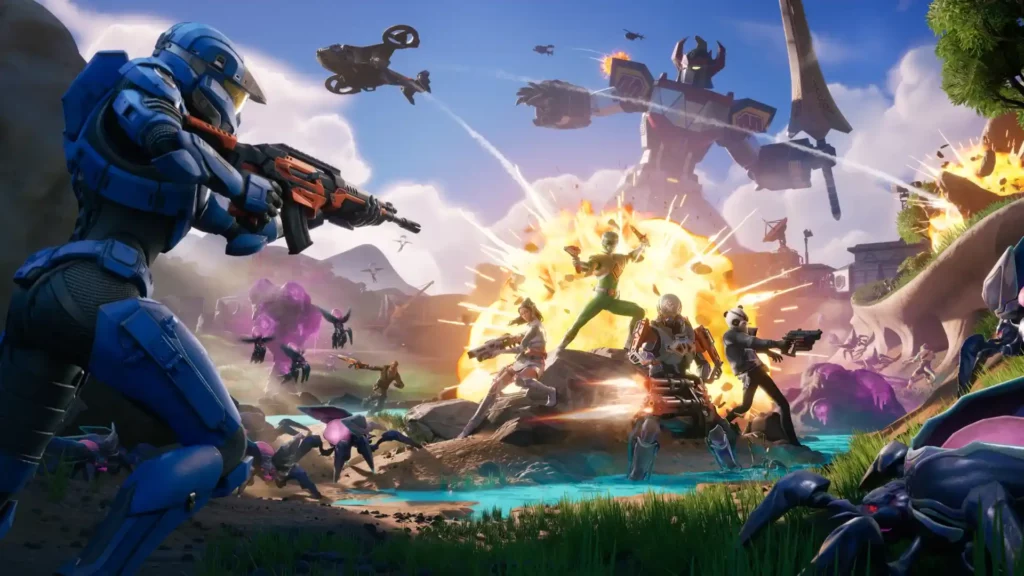
From puzzle games to open-world epics, a one-size-fits-all approach to localization simply doesn’t deliver the same quality of player experience. A genre-aware localization strategy, however, ensures that every game element feels clear, immersive, and culturally relevant in a way that will resonate naturally with players, no matter where they are or what kind of games they love.
A Deep Dive into the Localization of Strategy Games
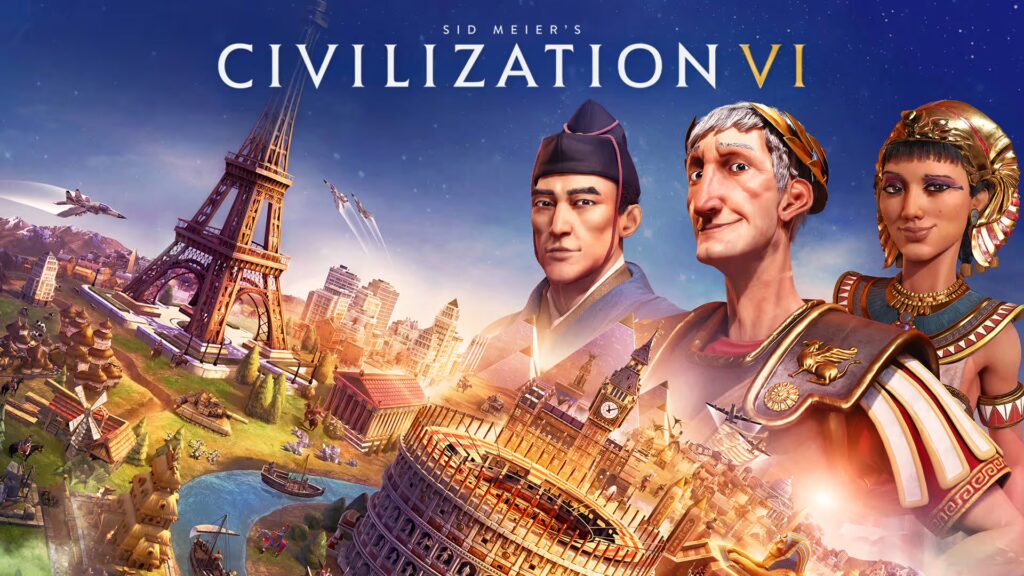
Strategy games like Civilization VI, StarCraft II, and Total War are known for their intricate gameplay that requires players to think critically, plan moves, and in certain instances, manage vast resources. With complex mechanics, historical references, and often elaborate narratives in the mix, the task of localizing strategy games is uniquely challenging.
Player Feedback & the Shaping of Pokémon Legends Z-A
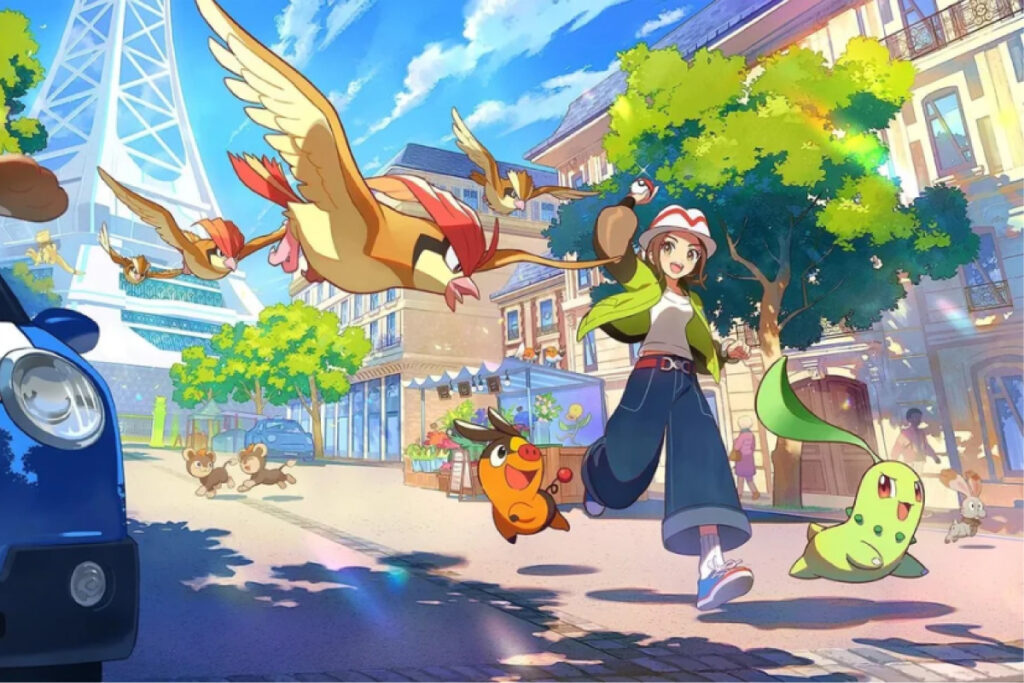
In the world of game development, few influences are more powerful than engaged player feedback. Players shape a game’s success, not only by playing and promoting it, but also by publicly sharing their experiences with it, be they joys, frustrations, or hopes. And when studios listen to this feedback? Big things can happen.
Bringing the Classics Back: How Localization Can Reshape Game Remakes

Learn how localization brings classic games to life for today’s players as translators reshape remakes to resonate across cultures and generations.
Unlocking Worlds: How Translators Shape the Stories We Love

Honoring International Translation Day, we explore how language professionals bring meaning to video games, on screen and behind the scenes.
From Argentina to the World: How The Eternaut Won a Global Audience

How careful localization choices helped The Eternaut stay true to its Argentine roots — from preserving the name “Malvinas” to sparking a Truco craze in Japan.
Breaking Barriers: The Role of Accessibility and Inclusion in Gaming

Explore how accessibility and inclusion are shaping the future of gaming. Learn why inclusive design, diverse characters, and thoughtful localization matter for engagement and success.
Understanding Brazilian Gamers: Cultural Nuances for Better Game Localization

The Brazilian gaming market is one of the largest and fastest growing in the world. Learn how understanding gamer profiles and cultural nuances can improve game localization and engagement.
The Rise of Mobile Gaming: Trends and the Power of Language

Discover how evolving design, fast updates, and compact interfaces are shaping mobile game localization. Explore the real language challenges behind the screen.
